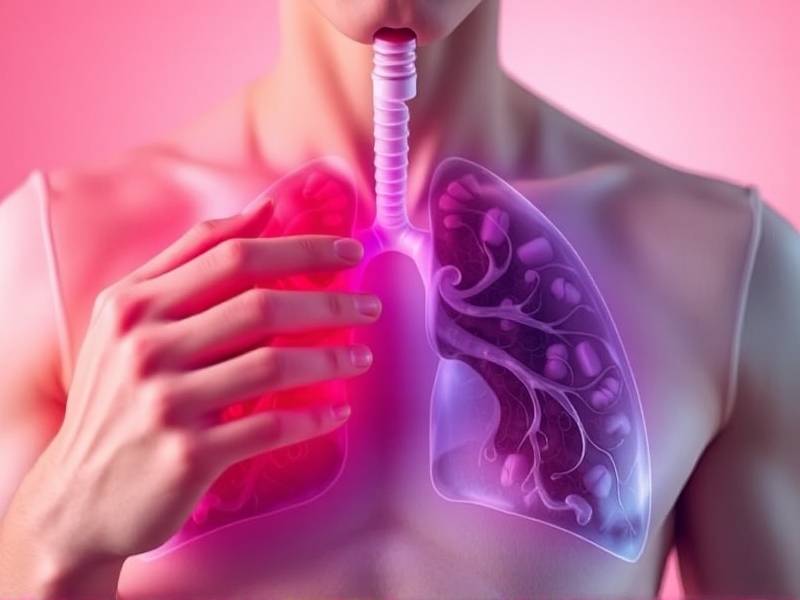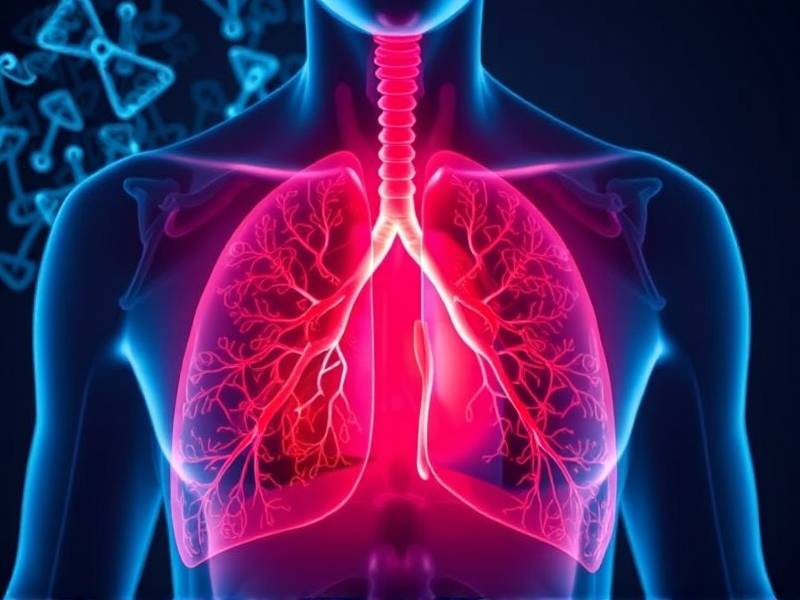Can Your Chest Hurt After Quitting Smoking? The Truth About Smoking Cough and Lung Health
Can Your Chest Hurt After Quitting Smoking? The Truth About Smoking Cough and Lung Health

Introduction: Quitting smoking is a significant step towards better health, but it's not uncommon to experience discomfort or pain after you stop. One of the most common concerns is whether your chest can hurt after quitting smoking. This article delves into the truth about the smoking cough and lung health, providing you with valuable insights.
I. Understanding the Smoking Cough: The Smoking Cough: When you smoke, the smoke irritates your throat and lungs, leading to a persistent cough known as the smoking cough. This cough is often characterized by a dry, hacking sound and can be quite uncomfortable.

Why Does It Occur? The smoking cough occurs due to the accumulation of mucus in your airways. Over time, smoking causes inflammation and damage to the lung tissue, which makes it harder for mucus to be cleared from the respiratory tract.
II. Chest Pain After Quitting Smoking: Is It Normal? It's not uncommon for individuals who have quit smoking to experience chest pain or discomfort. This pain may be due to several factors:
-
Mucus Build-up: As you stop smoking, your body starts to heal and remove accumulated mucus from your lungs. This process can cause chest tightness or pain.
-
Inflammation: Quitting smoking reduces inflammation in your lungs, but during this healing process, you might experience temporary discomfort.
-
Muscle Strain: When you stop smoking, your body adjusts to lower levels of nicotine. This adjustment can lead to muscle strain or tension in your chest area.
-
Anxiety: Stress or anxiety related to quitting smoking can also contribute to chest pain.
III. The Importance of Lung Health: Lung Health After Quitting Smoking: Quitting smoking significantly improves lung health over time:
-
Improved Oxygen Levels: Within weeks of quitting, oxygen levels in your blood increase, improving overall fitness.
-
Reduced Inflammation: Inflammation in your lungs decreases as they start healing from years of smoke exposure.
-
Enhanced Mucus Clearance: Your body becomes more efficient at clearing mucus from your airways, reducing the risk of infections.
IV. Managing Chest Pain After Quitting Smoking: To alleviate chest pain after quitting smoking:
-
Stay Hydrated: Drink plenty of water to help thin mucus and make it easier for it to clear from your airways.
-
Practice Deep Breathing Exercises: These exercises help improve lung function and reduce inflammation.
-
Avoid Exposure To Irritants: Stay away from secondhand smoke, dust, pollen, and other allergens that can exacerbate symptoms.
-
Seek Medical Advice: If you experience severe or persistent chest pain after quitting smoking, consult a healthcare professional for proper evaluation and treatment.
Conclusion: While it's common to experience chest pain after quitting smoking due to factors like mucus build-up and inflammation, these symptoms are typically temporary and will diminish over time as your lungs heal. By staying hydrated, practicing deep breathing exercises, avoiding irritants, and seeking medical advice when needed, you can effectively manage these symptoms and support your journey towards better lung health post-quit.
